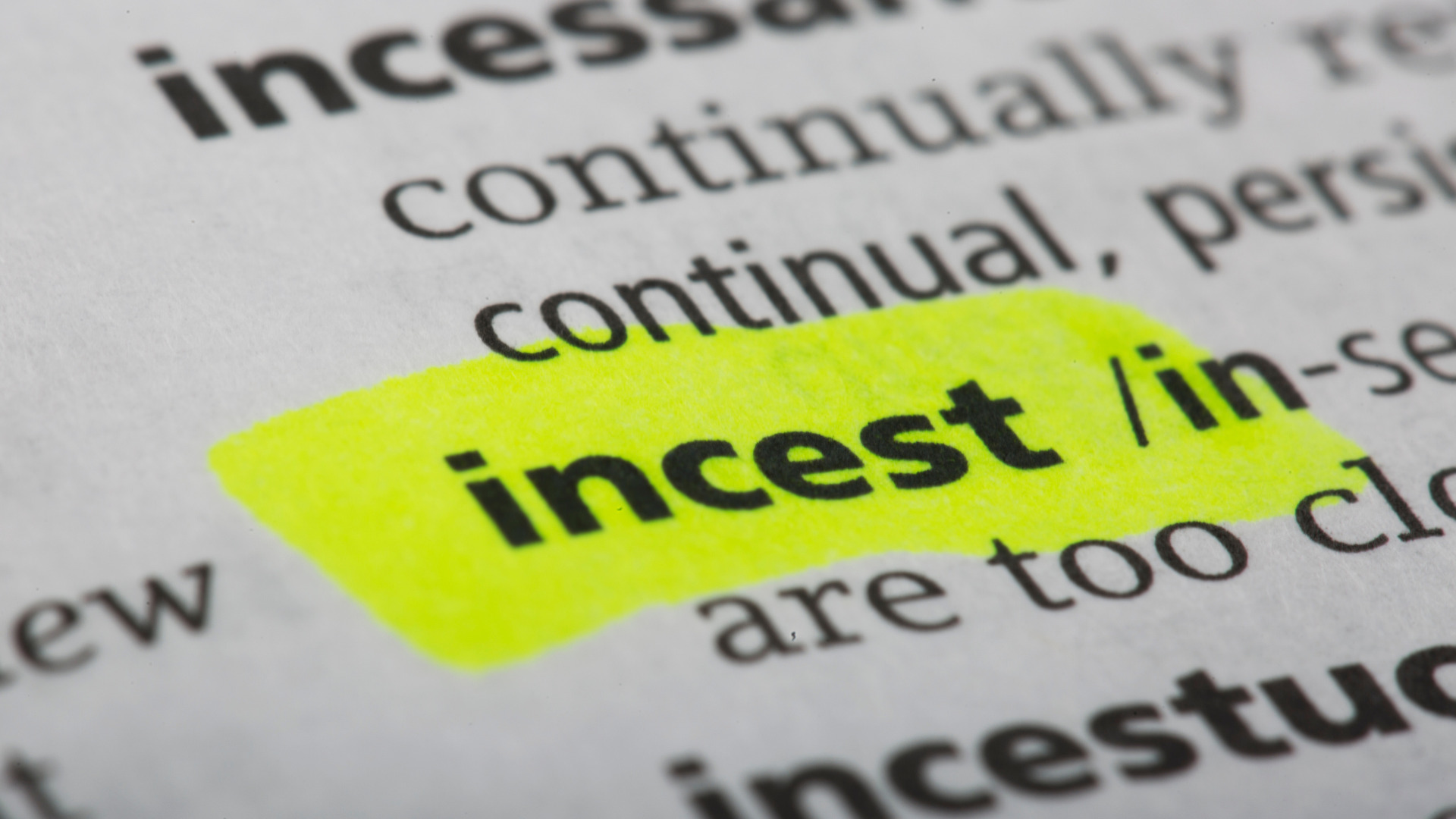For three years now, the Independent Commission on Incest and Sexual Violence against Children has been traveling across France to collect the words of adults who have been former victims. Three years since this commission, co-chaired by Judge Édouard Durand, produced recommendations to guide public policies and strengthen the chain of protection of children and their foster parents, mistreated by institutions.
In this new report, titled “Sexual violence against children: we believe you”published on November 17, CIIVISE “gives back these three years of commitment” and makes 82 recommendations, in the hope that its work, which responds to a vital need for the victims and essential for the whole of society, does not stop here. She is uncertain of being reconfirmed, the commission will in fact decide on her fate on Monday 20 November. Here are the four main areas to remember.
Better detection
The first pillar of the report is knowing how to identify minor victims. For this, CIIVISE recommends “organize identification through systematic interrogation of sexual violence”. This therefore means that it is not necessary “don’t wait for the child to speak”, but good “allow him to reveal violence by instilling trust in him”. Faced with the silence that the attacker would like to impose on him, “all professionals must let the violence be revealed and start saving the child”.
CIIVISE also recommends automating these questions in some specific situations, such as in the case of a teenage pregnancy or for young people hospitalized after a suicide attempt.
Finally, in an attempt to multiply the spaces of trust so that the child’s words can unfold,” CIIVISE recommends that an annual screening and prevention meeting be created for all children and adolescents focused on assessing their well-being and development and integrating the systematic identification of sexual violence “.
Improve judicial treatment
Another important aspect of this new report is the response of the institutions. CIIVISE calls for essential legislative developments: “Declare rape and sexual violence committed against children imprescriptible”. As the signatories of an article on the same topic published on Monday 13 November on the website of Huffpost« it takes a lot of time [aux victimes] become aware of the sexual crimes suffered, and then report them”. Something that the principle of prescription, unsuitable for sexual violence, puts into crisis.
CIIVISE also calls for the creation of a “Ordinance on the protection of minors (OSE) which allows the family affairs judge to urgently rule on the methods of exercising parental authority in the event of probable incest”. This measure is essential to strengthen the chain of protection and also prevent the minor from being entrusted to the aggressor.
The Commission recommends “automatically suspending the exercise of parental authority and the right to visit and accommodation of the parent subjected to criminal proceedings for incest and to automatically revoke them upon conviction. A bill is currently being discussed in Parliament so that these recommendations can be included in the Civil Code. We must go further, to make possible the effective and lasting protection of the child victim as soon as the violence is revealed.”
At a legislative level, CIIVISE requires it “recognized the incestuous nature of sexual violence when committed by the victim’s cousin.”
Rethinking the care pathway
Today the treatment path for victims is not sufficiently specialized and there are too few experts trained in the psychopathology of abuse, in particular for sexual violence suffered in childhood.
“The existence of specialized treatments is widely described in the scientific literature and is the subject of an international consensus. However, victims of sexual violence do not benefit from them or benefit from them in a too haphazard way, depending on the training of the therapist to whom they are referred, or the state of the institutional systems capable of providing them. The definition of a specialist care path is first and foremost a collective imperative towards each victim. It is also a public health objective.”
CIIVISE report, 17 November 2023
To remedy this, CIIVISE therefore recommends “the establishment and financing of a specialized psychotrauma treatment course of 20 to 33 sessions spread over a year and renewable based on the needs of the victims”. A course that must be accessible to all and whose costs must be covered by National Solidarity.
Strengthen prevention
The last central axis of the report is prevention against the risks of recidivism. For this reason, CIIVISE calls for strengthening background checks, thanks to the FIJAISV (automated judicial file for sexual or violent offenders). Its use should make it possible “prevent the recurrence of crimes; facilitate the identification of attackers; allow localization ».
Today, the effectiveness of FIJAISV is insufficient, according to CIIVISE, which proposes several ways to strengthen its functioning. Among these, facilitating “access to FIJAISV during recruitment for activities involving contact with children”.
Listen to Laisse-moi kiffer, Madmoizelle’s cultural advice podcast.
Source: Madmoizelle
Mary Crossley is an author at “The Fashion Vibes”. She is a seasoned journalist who is dedicated to delivering the latest news to her readers. With a keen sense of what’s important, Mary covers a wide range of topics, from politics to lifestyle and everything in between.





